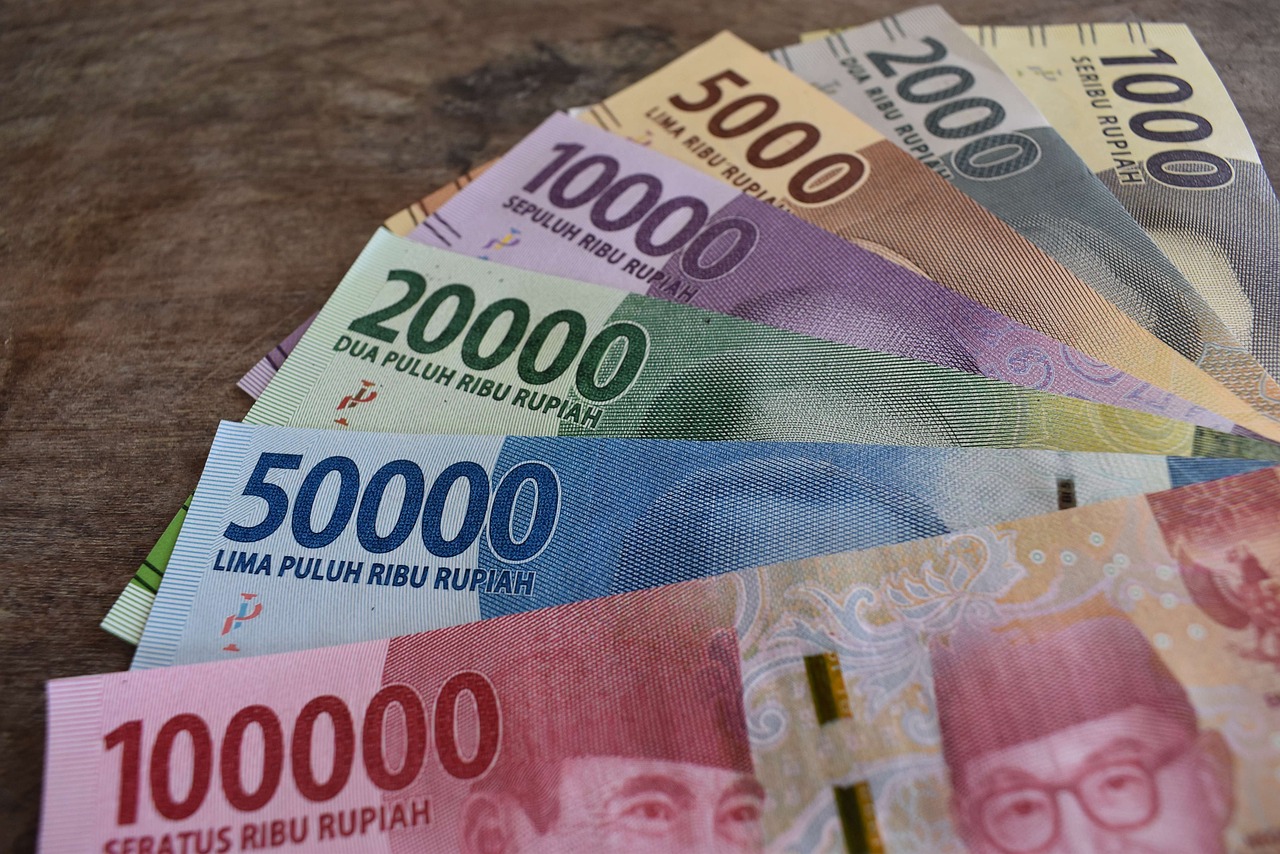Complete Guide to Sending Money from the UK to Pakistan: Bank Transfers, Mobile Apps, Fees, and Restrictions
GPT_Global - 2025-09-22 11:30:34.0 172
How do bank transfers work for sending money to Pakistan?
Sending money to Pakistan through bank transfers is a convenient and secure way to support family, friends, or business transactions. The process typically begins with the sender visiting their local bank or using their bank's online platform. The sender must provide the recipient’s bank details, such as the account number, bank name, and the branch’s SWIFT code.
Once the details are provided, the sender will initiate the transfer. International bank transfers usually involve a currency exchange process, converting the sender's currency to Pakistani Rupees (PKR). The sender's bank will then transmit the funds via a secure payment network, like SWIFT, which is widely used for cross-border transactions.
The recipient's bank in Pakistan will receive the transfer and credit the amount to the recipient’s account. The process can take anywhere from a few hours to a few days, depending on the banks involved and the transfer method chosen. Additionally, both the sender and recipient may incur small fees, which vary based on the bank and the amount being transferred.
Overall, bank transfers are a reliable option for sending money to Pakistan, offering peace of mind due to their security and traceability. However, exploring other remittance services might be beneficial for faster or more cost-effective transfers.

Can I send money to Pakistan via a mobile app?
Sending money to Pakistan has become easier than ever with the rise of mobile apps designed for international remittances. Instead of visiting physical exchange offices or banks, users can now complete transactions directly from their smartphones. This convenience saves time and reduces the hassle of paperwork, making it a preferred option for many Pakistanis living abroad.
Most reliable remittance apps allow you to send money to Pakistan securely, with competitive exchange rates and low transfer fees. The process usually involves downloading the app, creating an account, linking your payment method, and entering the recipient’s details. Funds can often be delivered straight to a bank account, mobile wallet, or even picked up in cash at partner locations across Pakistan.
Using a mobile app also provides real-time tracking and instant notifications, so both sender and receiver stay informed. Whether you are supporting family, paying for services, or making business transfers, mobile apps are a fast and trustworthy solution. Always choose licensed and reputable platforms to ensure your money reaches Pakistan safely and without delays.
What are the fees involved in sending money to Pakistan through MoneyGram?
Sending money to Pakistan through MoneyGram is a reliable and fast way to support loved ones, but it’s important to understand the fees involved. MoneyGram charges transaction fees based on the amount you send, the destination, and the payment method you choose. These fees can vary whether you pay with a bank account, credit card, or debit card. Typically, using a bank transfer may be cheaper compared to card payments, which often include higher charges.
In addition to service fees, exchange rates play a significant role in the total cost of remittance. MoneyGram applies a margin on the exchange rate, which means your recipient might receive slightly less than the mid-market rate. It’s wise to compare these rates before sending money to ensure you’re getting the best value.
Overall, the fees for sending money to Pakistan through MoneyGram are transparent, but they can add up depending on your transfer method. To save more, consider comparing MoneyGram with other providers and choosing bank-based transfers where possible. By understanding the fee structure in advance, you can make informed decisions and maximize the amount your family receives in Pakistan.
How can I send money to Pakistan from the UK?
Sending money to Pakistan from the UK is a common need for many individuals and families. Whether it's for supporting loved ones, paying bills, or making investments, several reliable options are available for remittance transfers.
One of the easiest and most popular ways is through money transfer services like Western Union, MoneyGram, or digital platforms like Wise or PayPal. These services offer fast and secure transfers, often with competitive exchange rates and low fees. With the option to send money online or in-person, recipients in Pakistan can access the funds through bank deposits or cash pick-ups from local agents.
Bank transfers are another secure method to send money to Pakistan. Although these can take a little longer, they provide an added layer of security and are ideal for larger sums. Many UK-based banks partner with Pakistani banks, making it easier to complete the transfer process.
To choose the best option, compare fees, exchange rates, and transfer speeds. Each service has its advantages, depending on the urgency and convenience you need for sending money to Pakistan. Whether sending small amounts or large sums, it's essential to find a trusted provider that meets your specific needs.
Are there any restrictions on sending large sums of money to Pakistan?
Sending large sums of money to Pakistan is an essential aspect of remittance services, particularly for families and businesses supporting their loved ones or partners overseas. However, there are certain restrictions and regulations in place that both individuals and businesses must be aware of before making international transfers.
In general, remittance services, such as banks and money transfer operators, must comply with anti-money laundering (AML) and combating the financing of terrorism (CFT) regulations. As a result, individuals may be required to provide documentation proving the source of funds. Transfers exceeding a certain threshold may be subject to additional scrutiny to ensure they comply with Pakistan's financial regulations.
It's important to note that Pakistan's central bank, the State Bank of Pakistan (SBP), has set limits on the amount of money that can be sent through informal channels, such as hawala or hundi, due to concerns about unregulated transfers. For formal channels, such as banks or licensed remittance services, limits are generally determined by the service provider and regulatory requirements.
When sending large sums, it is advisable to consult with your remittance provider to ensure compliance with all regulations and avoid unnecessary delays or penalties in the transfer process.
About Panda Remit
Panda Remit is committed to providing global users with more convenient, safe, reliable, and affordable online cross-border remittance services。
International remittance services from more than 30 countries/regions around the world are now available: including Japan, Hong Kong, Europe, the United States, Australia, and other markets, and are recognized and trusted by millions of users around the world.
Visit Panda Remit Official Website or Download PandaRemit App, to learn more about remittance info.



